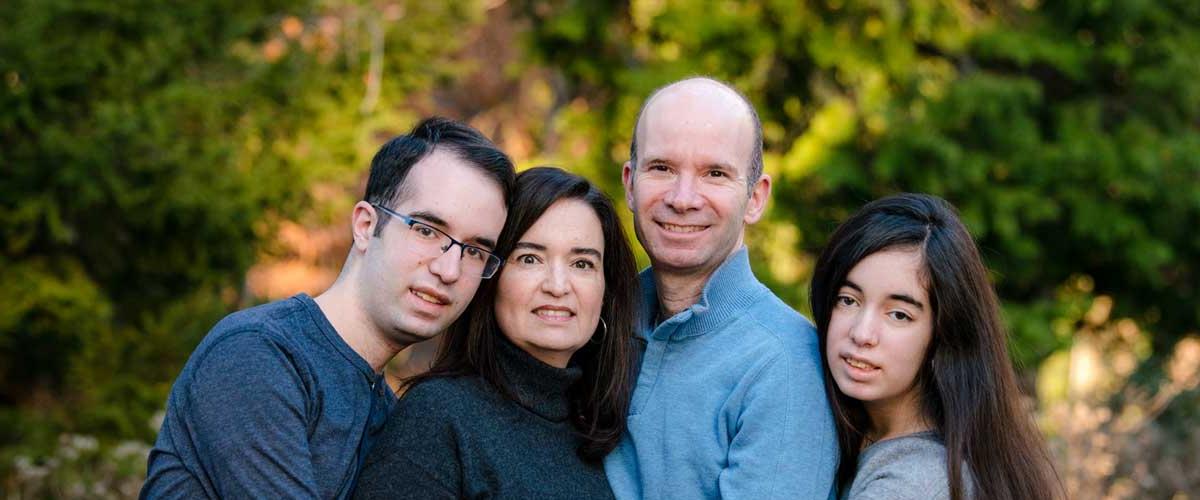A recently released study identifies the gene that may be responsible for increased side effects in DM2 patients taking statins to lower cholesterol. Katharine Hagerman, PhD, Research Associate at Stanford University Neuromuscular Division and Clinics, provides MDF with a summary of the study conducted at the University of Helsinki in Finland.
Abnormal Splicing of NEDD4 in Myotonic Dystrophy Type 2: A Possible Link to Statin Adverse Reactions
Screen M, Jonson PH, Raheem O, Palmio J, Laaksonen R, Lehtimäki T, Sirito M, Krahe R, Hackman P, Udd B.(June 4, 2014).
American Journal of Pathology. e-publication ahead of printing.
A research study headed by Dr. Bjarne Udd at the University of Helsinki recently described biological pathways affected in both myotonic dystrophy type 2 (DM2) and hyperlipidemia (a medical condition most often characterized by high cholesterol or high triglycerides). Previous studies have shown that 63 percent of people with DM2 have high cholesterol, as well as 41 percent of people with DM1. Statins, a class of drugs used to lower cholesterol levels, are commonly prescribed to treat hyperlipidemia, elevated levels of lipid proteins in the blood, as they can block the action of a liver chemical that helps create cholesterol.
One of the side effects of statins is the development of myopathy, including muscle pain, weakness, and cramping. Approximately 5-10 percent of individuals taking statins can develop these symptoms. Individuals with DM have an increased incidence of myopathic side effects when taking statins, and there are many documented cases where statin-induced myopathy is the first muscle symptom experienced in adults eventually diagnosed with DM2.
In order to identify biological pathways that may be affected by both DM2 and statin therapies, these researchers looked at genes that were regulated differently in healthy muscles compared to DM2 muscles and statin-treated muscle cells. They identified a gene, NEDD4, that had increased expression in DM2 (and DM1), and decreased expression in statin-treated individuals with no muscle condition. Furthermore, they showed that the NEDD4 gene was processed differently in DM2 muscles, and made a few different forms of the protein that weren't seen in healthy muscles. The authors suggest that biological pathways involving NEDD4 may be altered in DM, and may be associated with increased statin side effects. According to DM2 research reviews, statins do not have to be avoided. However, if statin treatment produces or amplifies muscle symptoms, there may be other drugs available to combat hyperlipidemia that do not have these side effects in individuals with DM.
07/01/2014

